Just as in the case of dogs, this development can be categorised under the term humanisation. If the owner embarks on a diet, then the cat will be made to do likewise. If the owners turn vegetarian, the cat no longer gets to eat meat, with all the negative consequences imaginable that this entails for the cat's health and well-being. This trend emerged around ten years ago in the southern and western countries of Europe, continued across North America and is now reaching eastern Europe and Asia too.
Looking at the size of the market in individual countries, a correlation can be detected with the living standards of the population in each case. The growing awareness in the respective countries of providing for the cat as a full member of the family is also clearly related to this.
How else can the fact be explained that cat food sales in the comparatively small Netherlands (population: 16.7 mio) are nearly nine times higher than sales in Turkey (population: 76.7 mio)? Cat-owning as it is known in western Europe is restricted there to a small number of cities such as Istanbul, Ankara and Antalya, for example.
The rate of development is striking in eastern Europe too: whereas the pet shop shelves there were still filled primarily with standard brands of the global players ten years ago, they now hold special foods and treat products, as in western Europe.
Treats a hot topic
In developing and manufacturing snacks and treats, the imagination of the manufacturers knows virtually no limits, and the love of cat owners for their pets…

 Menü
Menü

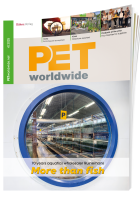



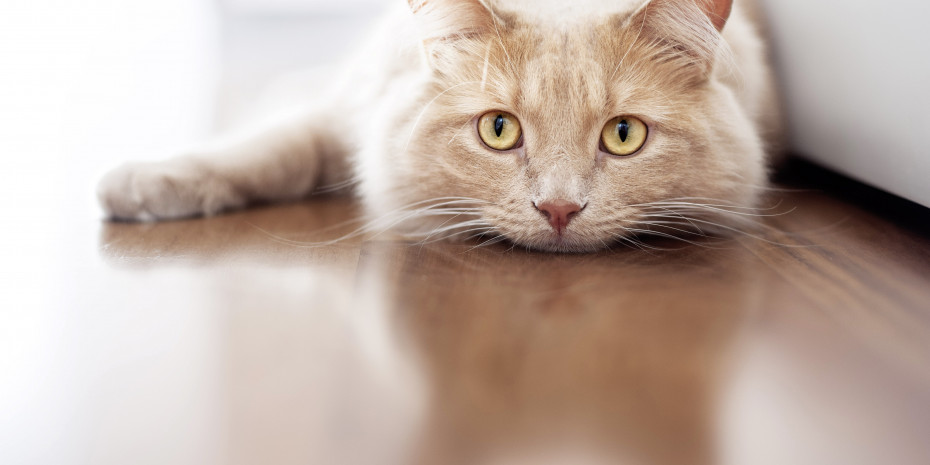


 5/2014
5/2014



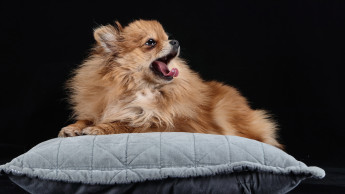

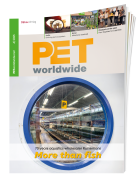

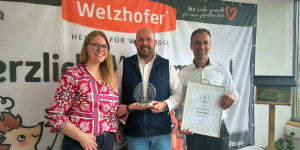


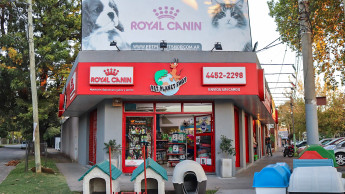
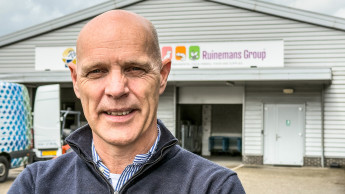
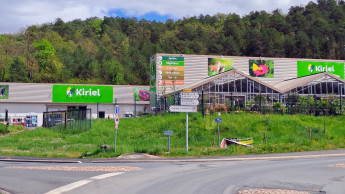
 Newsletter
Newsletter